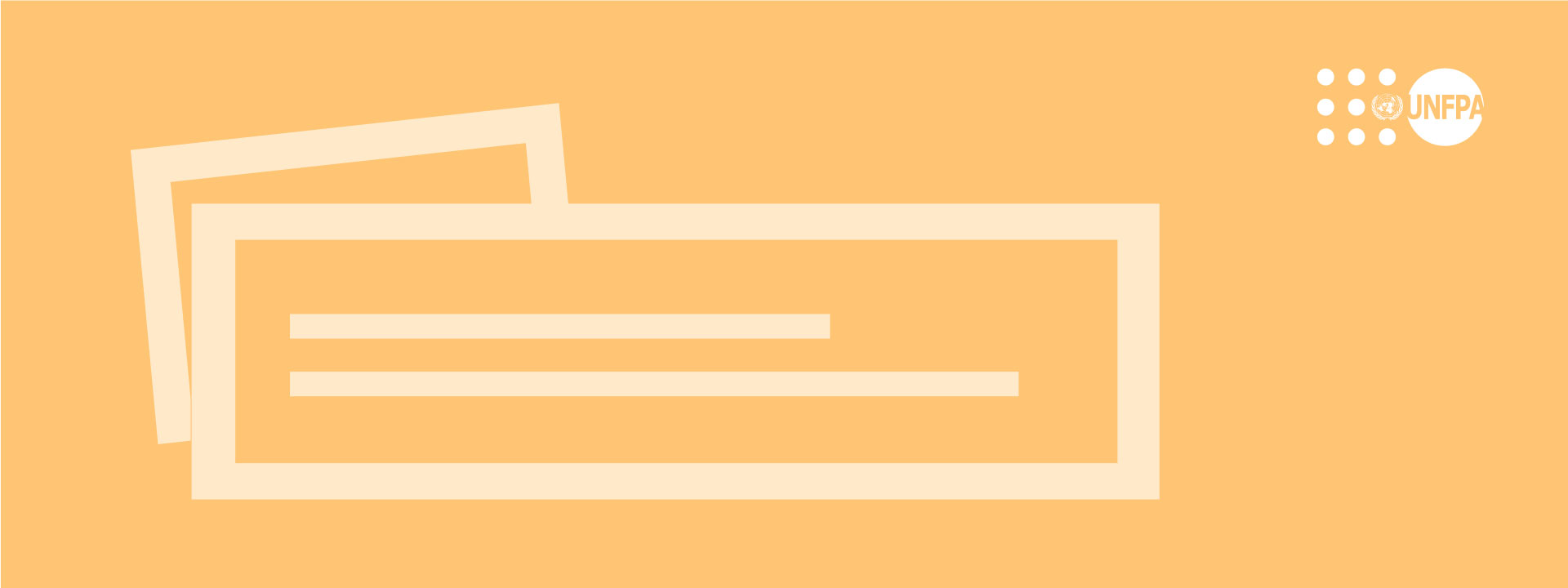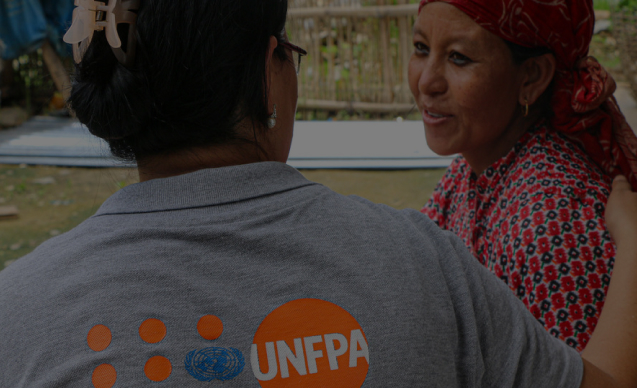UNFPA in Albania
UNFPA Albania - Since 1989, UNFPA has assisted Albania to improve reproductive and sexual health, alongside population and development strategies and policies. Key programmes contribute to public sector reform for accession to the European Union (EU), one of Albania's main priorities. UNFPA also assists government counterparts in updating policy frameworks, developing higher quality services, enhancing standardized oversight mechanisms, and fostering a more effective use of data in planning and policymaking. With nearly half the population under the age of 32, initiatives targeting young people are a key priority, as is the active promotion of gender equality, in line with the EU's founding values.
UNFPA expands the possibilities for women and young people to lead healthy and productive lives in a world where:
• every pregnancy is wanted
• every childbirth is safe
• every young person’s potential is fulfilled
We are making real progress. Since UNFPA started working in Albania in the early 1990s, the number – and rate – of women dying from pregnancy or childbirth has decreased significantly. Women are better able to plan when to have children – and how many. Young people are more connected and empowered than ever before.
But not everyone has benefitted equally from this progress. Young women and men often face difficulties in accessing sexual and reproductive health (SRH) services. Serious barriers still exist for poor women, migrants, and those who live in rural areas. Often left unprepared by school, young people bear a high risk of unintended pregnancy and sexually transmitted infections. Women face persistent discrimination and gender-based violence remains widespread.
Much more needs to be done to ensure that all individuals in Albania can exercise their basic human rights, including those related to the most intimate and fundamental aspects of life.
And as the society grapples with the effects of population ageing, migration, and population decline, new policies are needed to build human capital through investment in health, education and job opportunities.
How we work
UNFPA is on the ground improving lives of Albanian people leaving no-one behind.
The Fund is a catalyst for progress. Working with the government, and through partnerships with other United Nations agencies, civil society, parliamentarians, and the private sector, we make a real difference in the lives of hundreds of thousands of people, especially those most vulnerable.
We provide support and technical expertise to partners that work on the front lines on the ground. We deliver policy advice, guidance, training, and support to empower our partners in the field.
UNFPA anticipates and responds to tomorrow’s challenges today. We help the government use population data to better understand and address the demographic changes in Albania.
And we help ensure that the reproductive health and rights of women and young people, and achieving gender equality, remain at the very centre of development.




